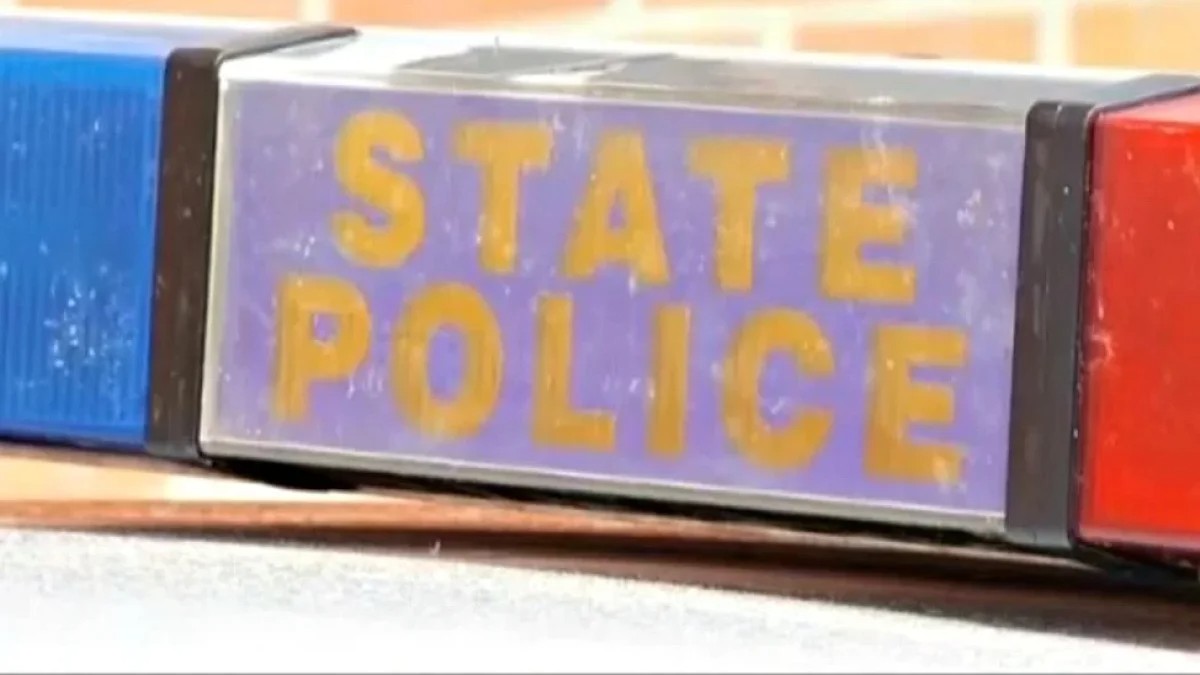A state law put in place two years ago that was meant to ease the burden of the car tax on property taxpayers, could be disregarded as the state deals with its budget crisis.
During the 2015 legislative session, lawmakers approved devoting part of the state sales tax to provide to cities and towns as part of a new revenue stream. Cities and towns would then see their car tax assessments capped at 32 and then 29 in later years.
For instance, cities like Waterbury and Hartford that have property tax rates far above 32 or 29 would see car tax collections no higher than those rates, and they would each receive the difference in funds through the sales tax devoted to municipalities.
Now cities and towns are awaiting official word from the state that the property tax and Municipal Revenue Sharing Account as it’s known, are going to disappear as the state deals with it a budget crisis.
The account makes up hundreds of millions in revenue that would otherwise be provided to cities and towns.
Scott Shanley, the General Manager for the Town of Manchester, said he was never anticipating the full amount when it came to the account meant for cities and towns.
“It’s like a shell game what we were getting reimbursed for what we weren’t getting, so it’s not clear exactly how much it was,” Shanley said Thursday.
Local
He said the Manchester Board of Directors began to make budget decisions based on the state’s uncertainty, and on the possibility that the funds would never be distributed out of the State Capitol. “We made some assumptions going into this budget cycle that we would obviously have less money from the state,” Shanley added.
Since lawmakers haven’t adopted a new budget, it’s unclear what statutory changes to the car tax cap would be made, and how it would impact local property taxpayers. It’s possible some communities with car tax rates about 29 and 32 could see higher assessed rates to make up for the lost revenue.



